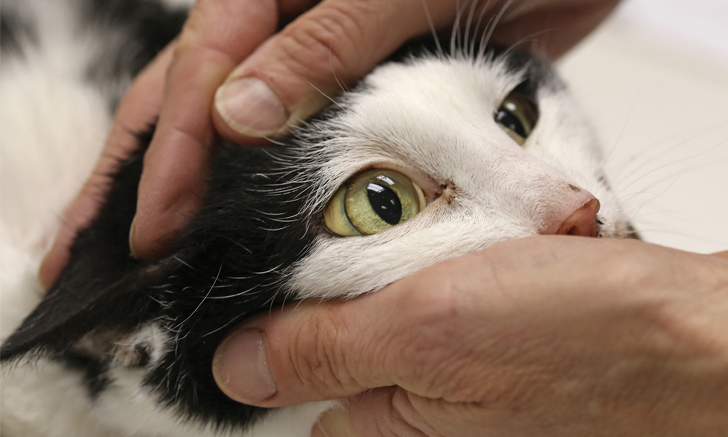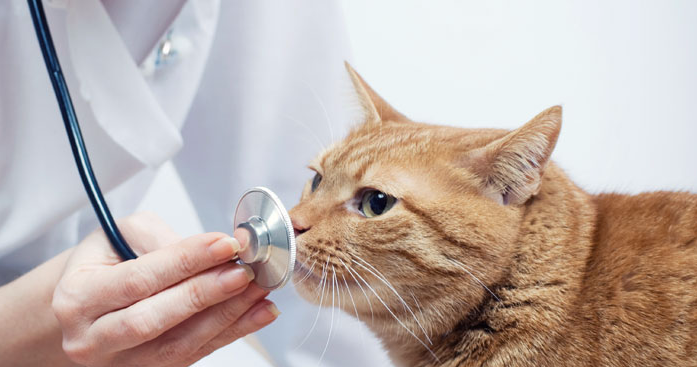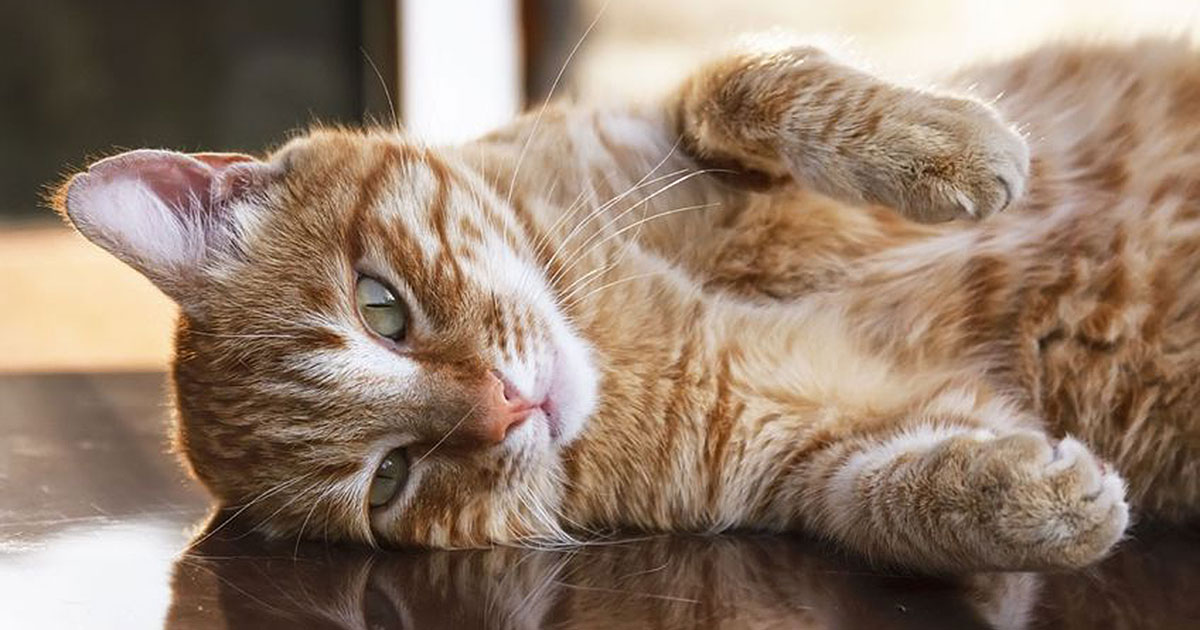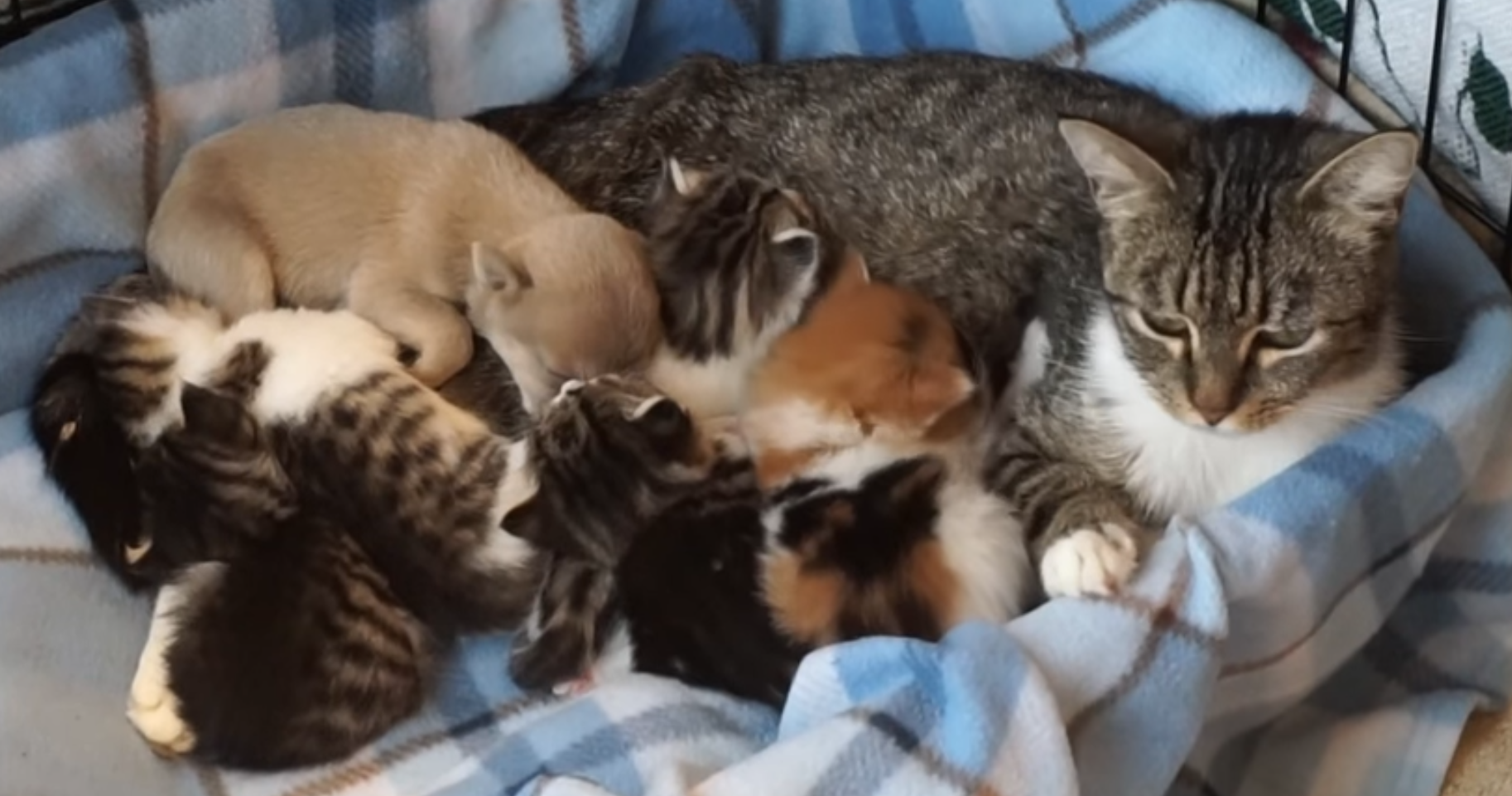If your cat's eyes get a yellowish tinge, she suddenly loses weight and seems depressed, you need to take her to the vet immediately.
These symptoms appear quite often after a pet parent changes their kitty's diet and the fussy feline refuses to eat. Many people believe that their kitty will eat the new food if they get hungry enough, but it isn't necessarily true. It only takes a few days of refusing to eat for your kitty's health to decline.

When your cat stops eating, their body sends large stores of fat to the liver to be converted into energy. It might sound like the perfect weight-loss solution for a hefty feline, but it's very hazardous to their health.
According to PetMD, a cat's body is not made to convert large stores of fat. When their liver is overwhelmed, it slows down production. Fat builds up and the liver becomes swollen.
As meat eaters, cats have high nutritional requirements for proteins. A lack of protein or the inability to process proteins quickly becomes malnutrition.
If it isn't caught and treated right away, hepatic lipidosis can cause health complications and eventually death.
The symptoms include:
- Prolonged anorexia "“ often of several week duration
- Rapid weight loss
- Vomiting
- Diarrhea
- Constipation
- Muscle wasting
- Depression
- Downward flexion of head and neck
- Jaundice (e.g., yellowing of eyes)
- Drooling of saliva
- Cat may collapse in later stages
- Other symptoms will be related to concurrent, underlying disease
Hepatic Lipidosis can be caused by preexisting conditions or illnesses such as liver disease, cancer, and diabetes.
But if your kitty has an otherwise clean bill of health, you should consider these important risk factors:
- obesity
- stress
- a change in living arrangements
- getting lost
- loss of appetite
As always, consult your veterinarian before changing your cat's food or beginning a weight loss regimen. Cats are carnivores and their bodies require high protein diets. They are not vegetarians and should never be put on a vegan or vegetarian diet.
To learn more about Feline Hepatic Lipidosis here.
[h/t MerckVetManual / PetMED / Animalww ]


